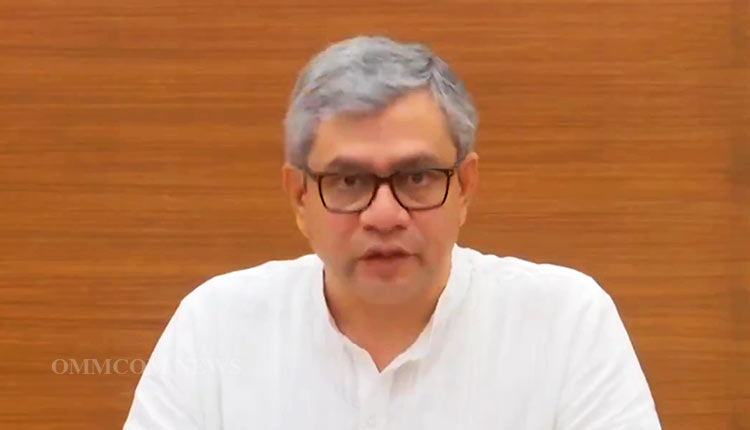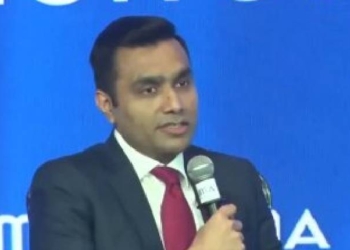Bengaluru: Union Minister for Electronics and IT Ashwini Vaishnaw has said that India is moving towards becoming the next semiconductor hub for the world as big investment is happening in this sector in the country.
Minister Viashnaw referred to a recent roundtable in New York between Prime Minister Narendra Modi and top tech CEOs and said that in the discussion three top executives had said they had not seen this kind of enthusiasm for any country in the last 35 to 40 years.
The Central government has cleared five semiconductor manufacturing proposals, with a total combined investment nearing Rs 1.52 lakh crore.
The Union Minister further said Micron Technology will roll out the first made-in-India chips by early 2025. The construction work of the CG power semiconductor facility is going on. And in Tata’s ATMP facility in Assam, construction work is going on very well, he said.
Earlier, the Minister said the growth of the semiconductor industry in India will further boost PM Modi’s vision. Semiconductor is a foundational industry. Chips manufactured in the industry are used in medical instruments, mobile phones, laptops, cars, trucks, trains, televisions and practically every device.
All the initiatives taken so far, whether it is the Digital India Mission or the telecom mission, have brought technology into the hands of common citizens.
According to the reports, India’s semiconductor-related market will reach 64 billion dollars in 2026, nearly triple the size in 2019. Towards achieving this goal, the ‘Semicon India’ initiative allows financial support for front-end fabrication units, sensors, display manufacturing, display fabs, semiconductor packaging and compound semiconductors.
As per the experts, “by expanding production capabilities, the country is poised to become a major player in the semiconductor sector. National initiatives, such as the Semicon India Programme and the India Semiconductor Mission (ISM), are focused on capturing a significant share of the global market, driving innovation, and stimulating economic growth through job creation and technological advancement.”
IANS
















